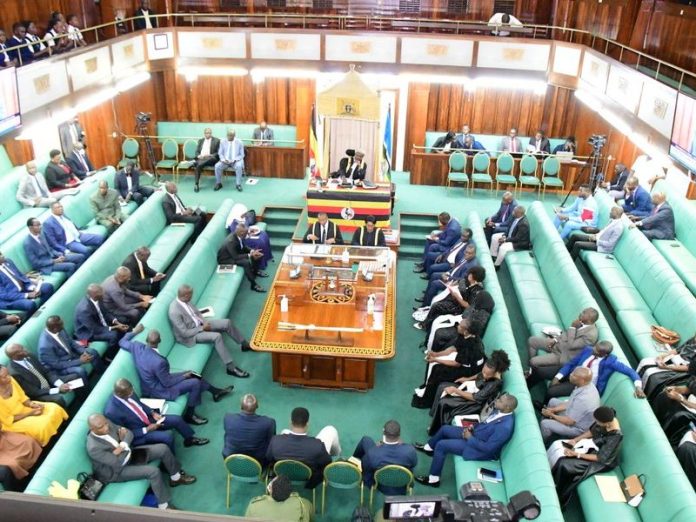Uganda’s unresolved business lawsuits reach a staggering value of Ush8 trillion ($2.2 billion) due to a two-year Covid-19 lockout period, inadequate mediation mechanisms, and a challenging economic climate.
Court matters are categorized as backlog items in Uganda after spending over two years in the legal system without a hearing date or delivery of decisions.
Limited judicial operations during lockdowns led to unfinished cases, with fewer judges and court staff available to handle incoming cases amidst physical distancing measures.
According to official data, the value of unresolved business lawsuits pending in Ugandan courts has reached almost Ush8 trillion ($2.2 billion) to date due to the two-year Covid-19 lockout period, an inadequate mediation mechanism, and a challenging economic climate.
According to judicial authorities, court matters are categorized as backlog items after spending more than two years in the legal system without getting a hearing date, assignment to a presiding judge or magistrate, or delivery of decisions.
According to reports, a number of cases were started during the lockdown but never finished because of tight lockdown limitations that affected several industries, including the court. Even though courts were open during the lockdowns, judicial operations were greatly reduced, leaving fewer judges, magistrates, court clerks, and state attorneys available to handle incoming cases in accordance with physical distancing measures deemed necessary to slow down coronavirus infections.
Kabiito Karamagi, a partner at Ligomarc Advocates, noted, “Mediation usually helps to resolve small cases related to non-payment of salaries, loss of jobs and loan default matters but are less effective in tackling large commercial disputes.”
According to official data, the total number of outstanding cases in Ugandan courts’ backlogs was expected to be 50,000 by the end of May. The judiciary aims to settle 6,000 of these cases by the end of June 2024.
“The Commercial Court bench has been expanded to eight sitting judges, but it requires a total of 15 justices to clear the accumulated backlog. Each judge is supposed to handle a minimum of 300 cases per year, but they usually exceed that quota. Frequent court adjournments are managed through case management protocols that lie within the judge’s powers,” Jameson Karemani, a Ugandan judiciary spokesperson, relayed.













